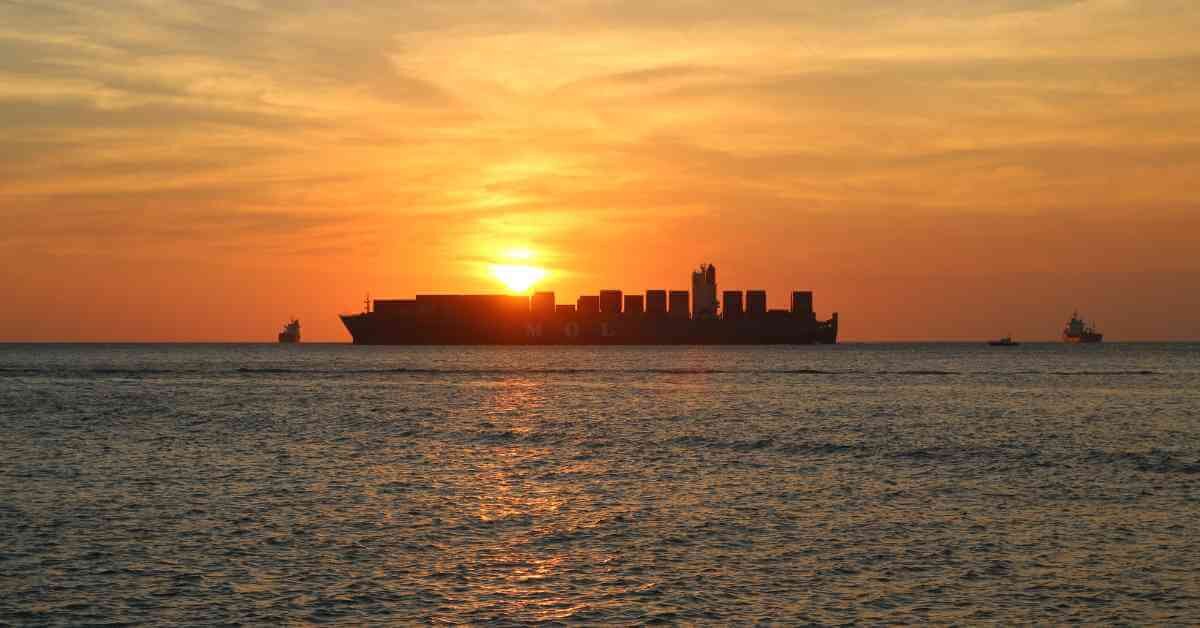B. Kikilias: We will break the bureaucracy in the Coast Guard, as we did with the AEGIS program, stated the Minister of Shipping in an interview with SKAI, announcing competitions and reinforcement of the body.
“I aspire within the next four to five months for all competitions concerning the Ministry of Shipping and the Coast Guard to have been announced. I promised and gave my commitment to our fellow citizens and of course to the Prime Minister that these will be done at AEGIS speeds, which is the largest competitive program in Civil Protection in the country’s history. We will break the bureaucracy in the new programs. We aspire to do the same for the Coast Guard and the Ministry of Shipping, with surveillance and control systems of our maritime borders in the Eastern Aegean and south of Crete, with 18 vessels for the Coast Guard, as well as new digitalization technologies for the Port Authorities,” stated the Minister of Shipping and Island Policy, Vassilis Kikilias, in his interview with SKAI TV and the show “Good Morning” with Faie Mavragáni.
When asked about migration flows, Mr. Kikilias mentioned that regarding the Eastern Aegean, there is now a very large organization and cooperation with the other side, both in the humanitarian aspect with rescues and in guarding the maritime borders. As he said, “The new challenge is in open waters, in the Libyan Sea, where unfortunately, the flows and modern smugglers have turned their activities. You see we have taken bold decisions and often, tough decisions. Now, anyone who enters illegally from North Africa towards Gavdos, Crete, Karpathos, etc., is obliged to understand and know that they will be detained in a closed PRO.KE.KA. center or prison until they decide to return to their country. Refugee status is one thing, concern for those fleeing wars and support for people in need, unaccompanied women, children, etc., is another, and another is young people aged 20 to 30 systematically being funneled through Libya and wanting to enter our country.”
Staying on the same topic, he emphasized that “When a state wants to protect its borders and its citizens, it can do so. It is not an easy task at sea. We are determined. We have maritime borders and we want to protect our cities, our islands, and our maritime borders, and it is our obligation and Europe’s. These are European borders, it is a joint effort. The Minister, Mr. Gerapetritis, went and went again to Libya, and the Minister of Migration also went. I understand and repeat that it is a difficult situation, Libya is a fragmented and divided country. There are problems in the surrounding region, but we have an obligation. We will serve this obligation, as we serve the country.”
Referring to the two incidents involving persons with disabilities and a person with cardiac issues that occurred in previous days, he made it clear that the ministry’s intervention was immediate, noting that a similar incident occurred on the same ship last summer. “In both incidents, whether the companion did not want to, as it was a ferry and a short 35-minute distance, or the crew neglected, or the captain, etc., in any case and first of all for safety reasons, it is prohibited and not permitted for anyone to remain in a garage during a trip. Secondly, these images are unimaginable.
Third, these thousands of euros in fines will be paid by everyone—the company, the captain, and anyone else involved in such incidents. I have explained that respect for human life and human dignity is above all. And I will not accept any compromise on such matters from anyone and for any reason.”
Closing, he clarified that on large modern coastal vessels, which operate the coastal connections in the Cyclades, the Dodecanese, etc., there are now electric ramps, elevators, and all necessary conditions, whereas, conversely, on small vessels, open boats, and older small boats that mainly serve ferry connections, this technological capability does not exist. “Nevertheless, because a Presidential Decree is being prepared and we three—the E.S.A.meA, with SEEN, the Federation of Coastal Sailors, and the Ministry of Shipping—are collaborating, since we announced 300 million euros and the effort to renew the coastal fleet, I want to say that this is the prerequisite. It will be properly studied, because these people have the right—and should be first—to board a coastal vessel and have their place, with easy access, but also to disembark first. For these small boats, we will necessarily have to turn to other kinds of solutions.





